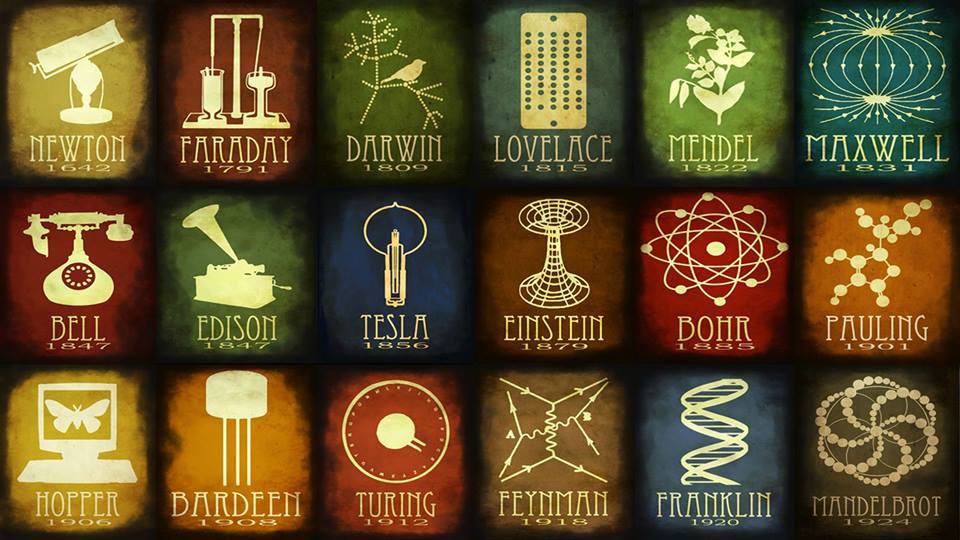Today I presented at APDT's 2015 conference on shelter behavior assessments. It's incredibly important to be able to identify dangerous dogs when they come into shelters so we don't put them on the adoption floor, and to be able to identify dogs who we can perhaps help improve their behavior while in the shelter.
Or is it? I talked for three hours -- well, not quite three hours; my amazing audience helped out with some really fascinating discussion -- about how shelter behavior assessments aren't really all that good at identifying dogs who are just sorta likely to be aggressive. They're great at identifying really aggressive dogs and they're great at identifying really safe dogs -- but then again, we don't really need their help at that as it isn't all that hard to do. What neither these tests nor us humans are great at is identifying the in between, hard to categorize dogs.
I argued that we should continue to perform shelter behavioral assessments on dogs because those interactions with dogs give us more information about the dogs' personalities, and that information is useful. What we really should
not do is use these tests as yes-no decision making tools for deciding the dogs' fate. They are not decision making tools; they are information gathering tools. One of the other main themes of the talk was that assessing a dog's personality is something that should be done by someone with plenty of dog experience, not the shelter staff member who read the behavioral assessment guidelines once and figures that's all she needs.
After the talk I said hi to Janis Bradley of the
National Canine Research Council and she basically said,
Hey, fun talk, but I really think we shouldn't be doing behavior assessments on shelter dogs at all. I've asked lots of competent shelter staff if they know which of the dogs in their shelters are dangerous, and they say sure they do. I've asked if it was a behavioral assessment that helped them figure that out and they say it never has been. It's been the dog's interactions with staff and volunteers.
I replied that we really need to collect as much information as possible about shelter dogs, not to identify the easy to identify extreme cases, but to identify the harder to identify in between cases -- the dog who isn't aggressive to
all dogs, just certain dogs, for example.
She said sure, but she still thinks a better way of collecting that information is through careful, possibly structured documentation of the interactions of the various shelter staff and volunteers with the dog during its time in the shelter. That's what we should be focusing on.
Now, I am absolutely down with recording as much data as possible about a shelter dog's behavior. But advocating against formal behavioral assessments, even in shelters that have the resources to do them? My heart isn't quite there yet, but it's an interesting idea. If you have opinions, feel free to weigh in in the comments or on Twitter!




